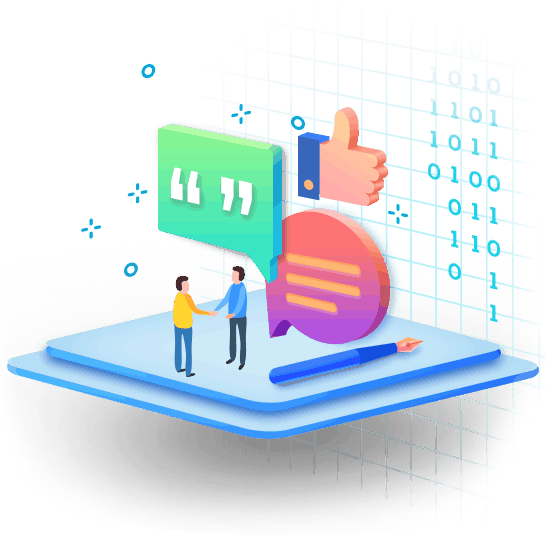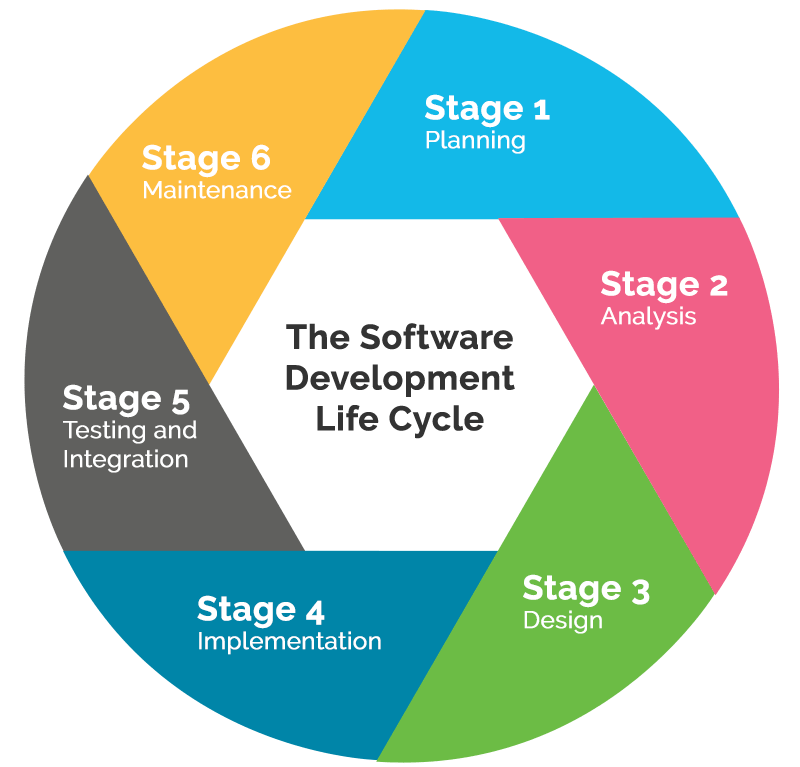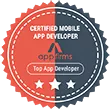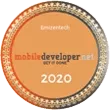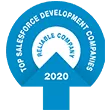The development time for an Android app depends on its complexity, features, and functionality. For a basic app with minimal features, development could take around 2-3 months. For larger enterprise apps with more functionality, advanced integrations, and complexity, development may take 6-12 months or longer. Factors like the development team’s skill and experience also impact timelines.
Finding a partner who can deliver trustworthy Android app development services is still difficult. The platform supports a wide range of devices, receives frequent upgrades, and its functionality is always growing, among other things. The success of your project depends on hiring Android application developers that are knowledgeable about the platform and who are always learning new things.
Android app development costs vary widely based on the level of functionality, number of features, and amount of development work required. A simple app with minimal features could cost anywhere from $20,000 to $50,000 while a full-featured enterprise app may range from $100,000 to $500,000 or more. The costs also depend on factors like the developer’s expertise, technologies used, and scope of support.
The two main programming languages for Android development are Kotlin and Java. Kotlin is now the primary language recommended by Google for new Android apps as it offers benefits like null safety, concise syntax, and interoperability with Java. However, many existing Android apps are still built in Java due to their long history and developer familiarity.
The primary tools used for Android development include Android Studio as the integrated development environment (IDE), Gradle for the automated build process, emulators to test the app functionality, and various plugins, libraries, and APIs. These tools allow developers to efficiently write, compile, test, and debug Android applications.
Our Android application development team makes use of the statistical data gathered by leading consulting firms and research organisations. We advise our clients to use Android for the creation of business tools, communication applications, video programs, and travel services in accordance with the list of areas that call for Android development services in 2019 and beyond. If the customer is in the education, lifestyle, or gaming sectors, we suggest switching to a cross-platform development strategy instead of developing native Android mobile applications.
To deploy an Android app to the Google Play Store, developers must first create a publisher account, compile an APK file containing the app, fill out the required information in the Google Play Console, upload the APK, submit the app for review, and publish it once approved. Google then makes the app available for users to discover and install from the Play Store.
Some key techniques for optimizing Android app performance include reducing memory usage, improving threading, limiting network calls, managing background services efficiently, optimizing draw and layout operations, caching data where possible, using platform features judiciously, and profiling/measuring performance during development. These optimizations can result in faster load times, and longer battery life for users.
To release an update for an Android app, developers first make the required code and resource changes. They then compile a new APK file with an incremented version code, upload the APK to the Google Play Console, submit the update for review, and then Google will push the update automatically to users’ devices once approved. The update process ensures that users always have access to the latest version of the app with new features, fixes, and improvements.


